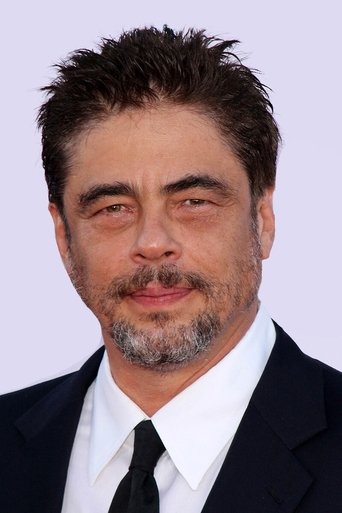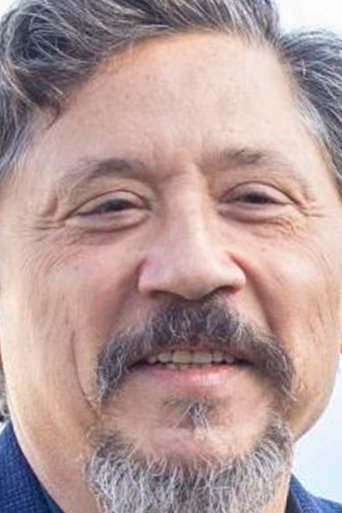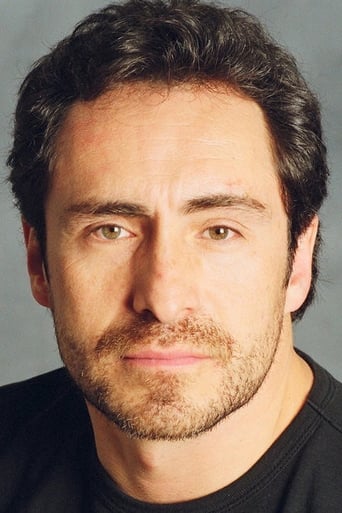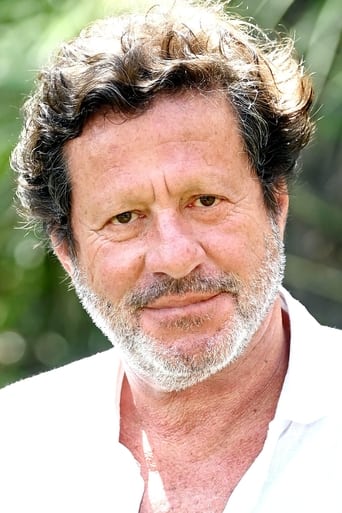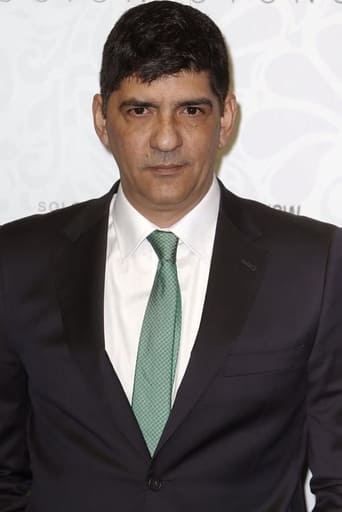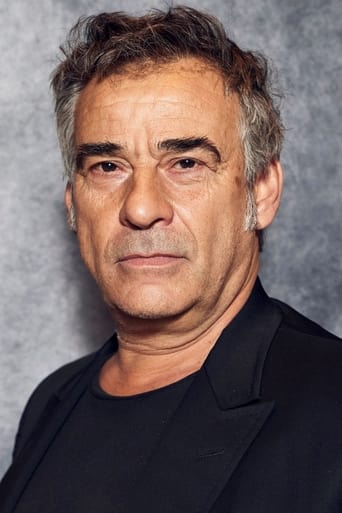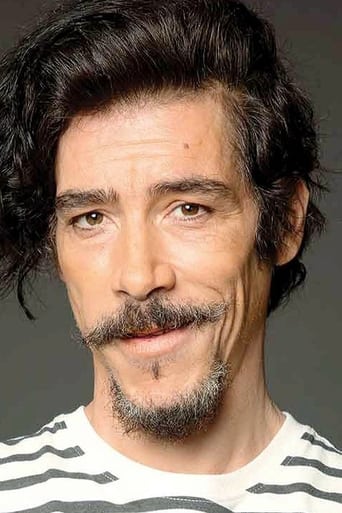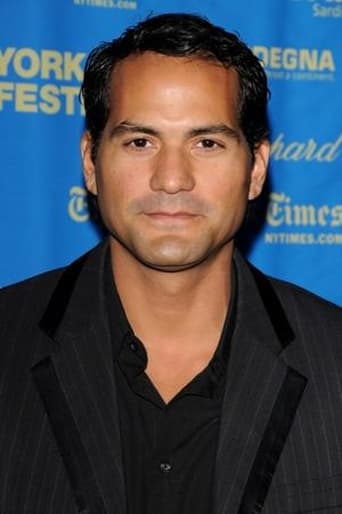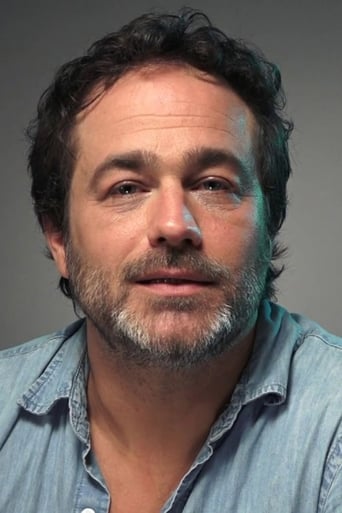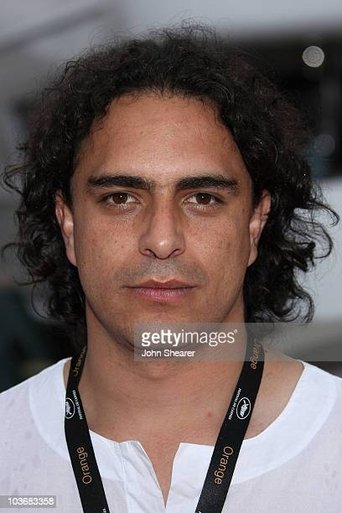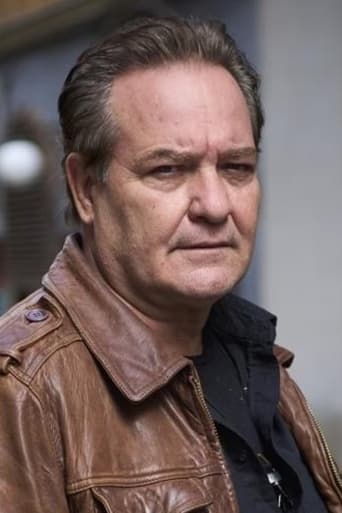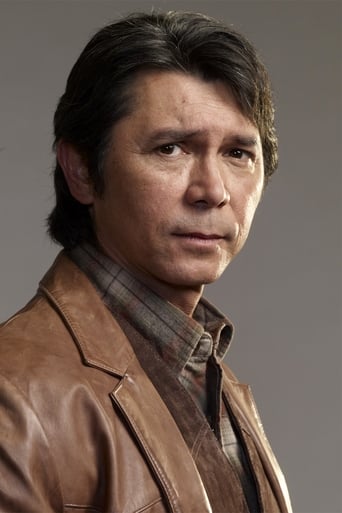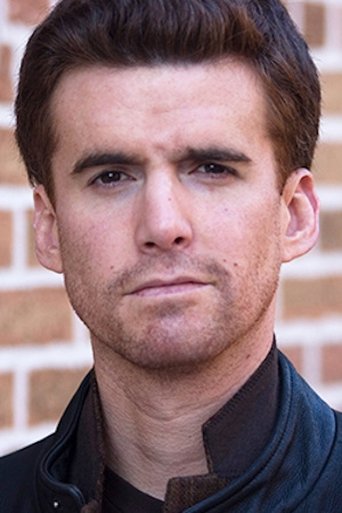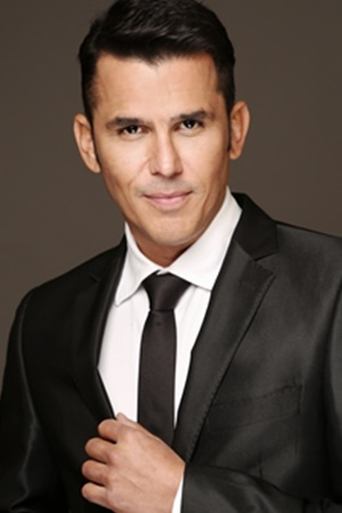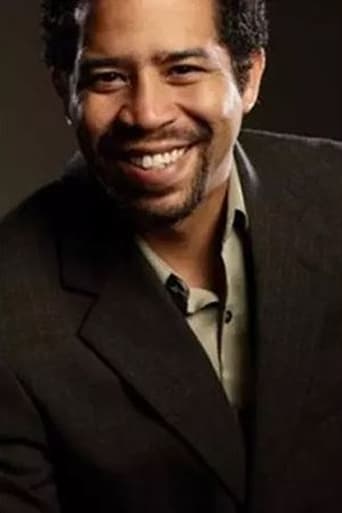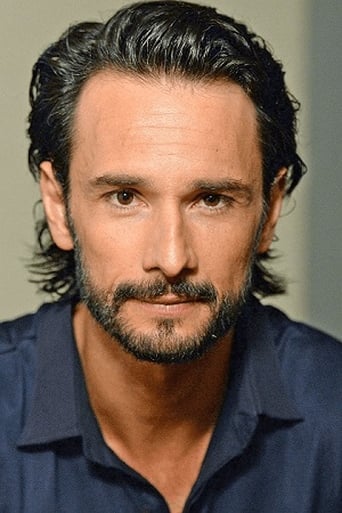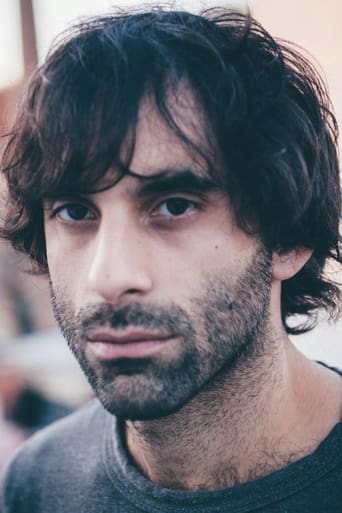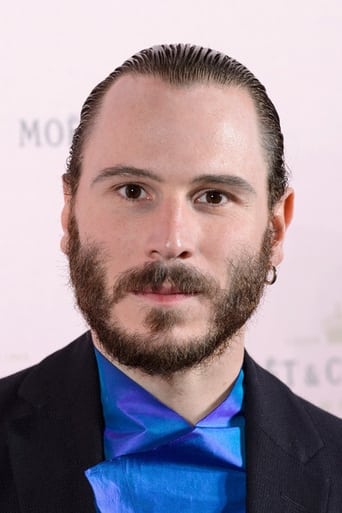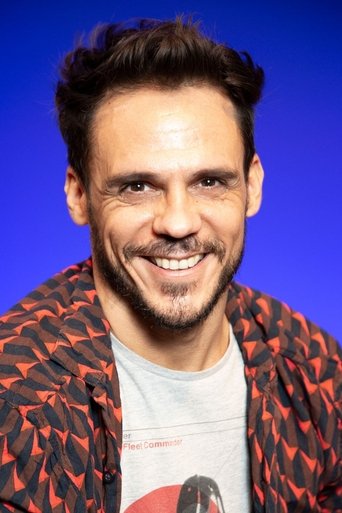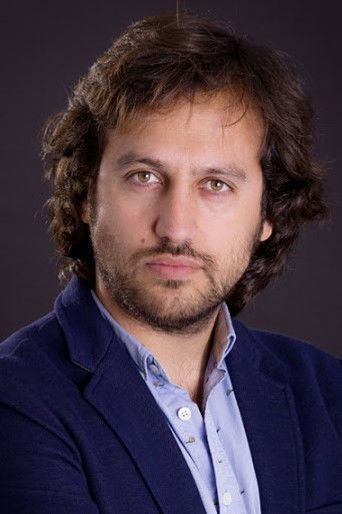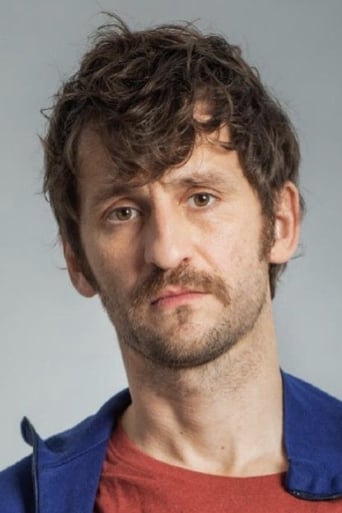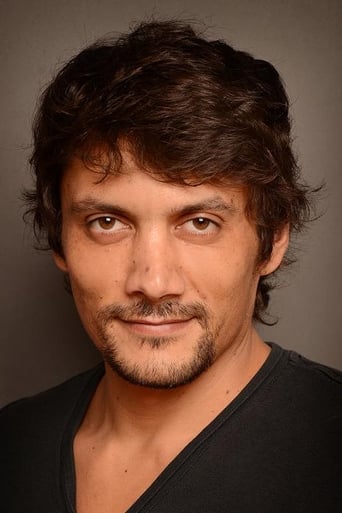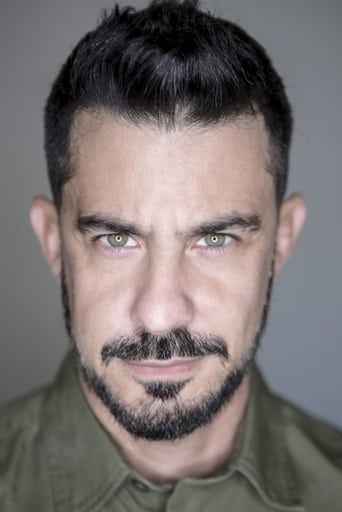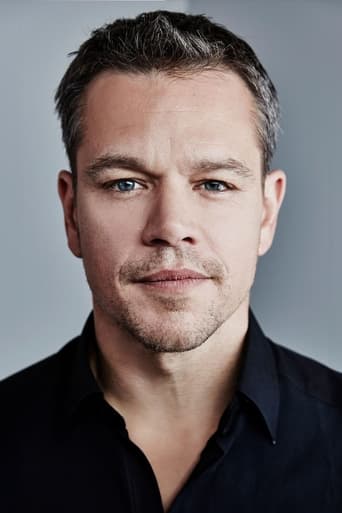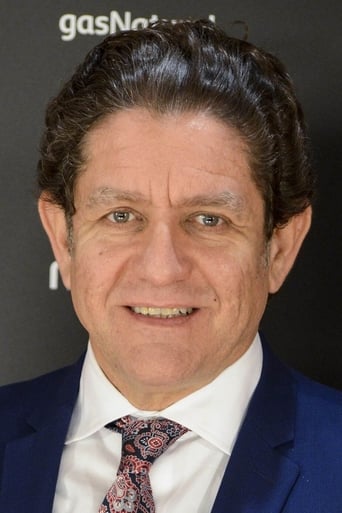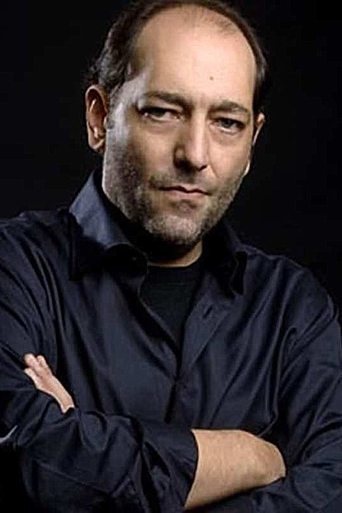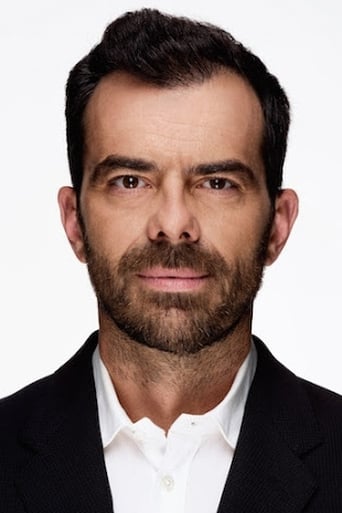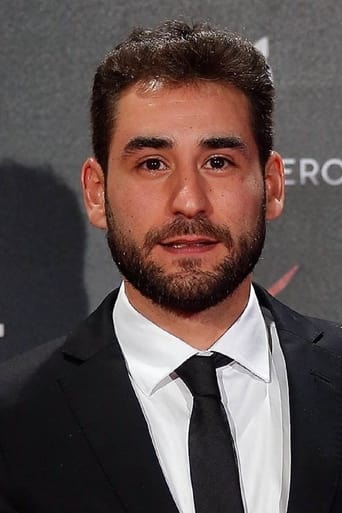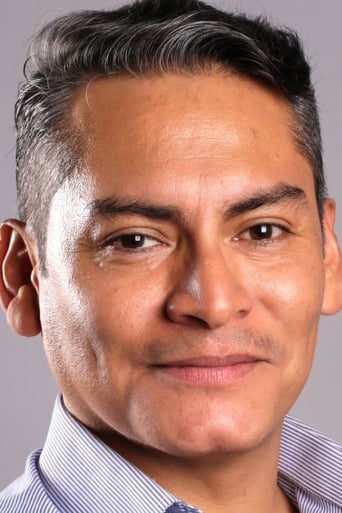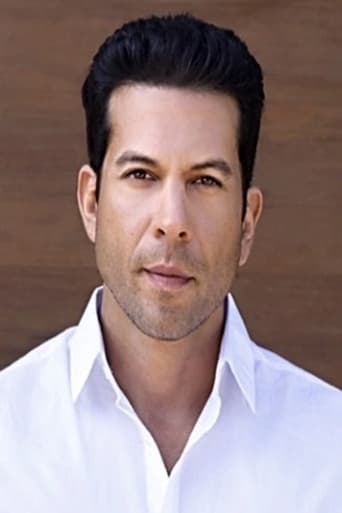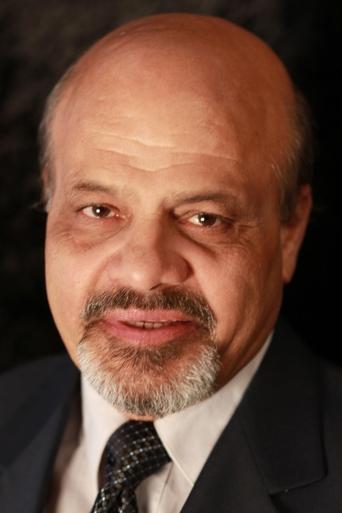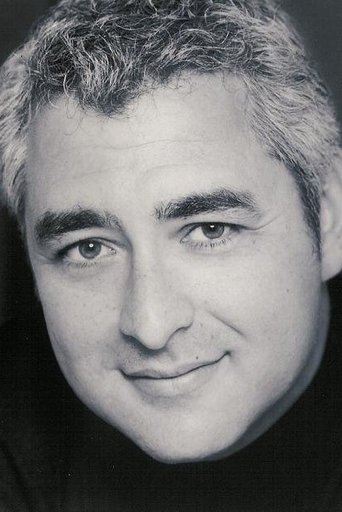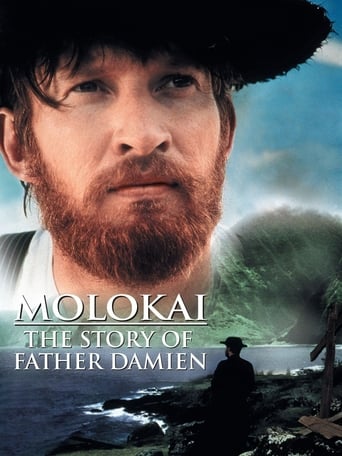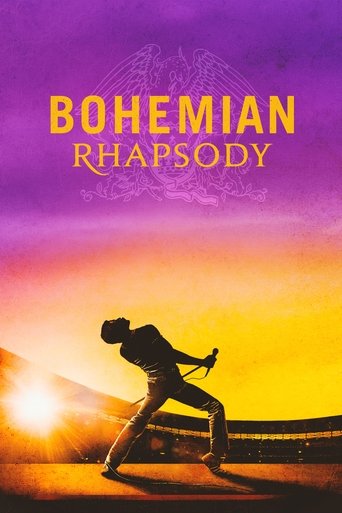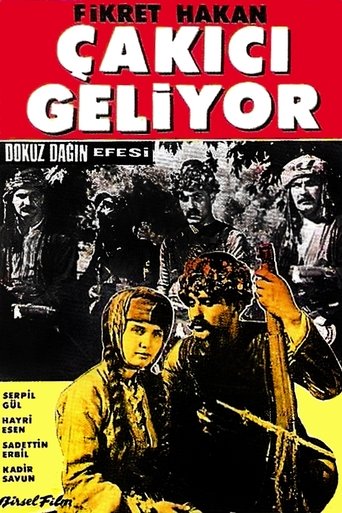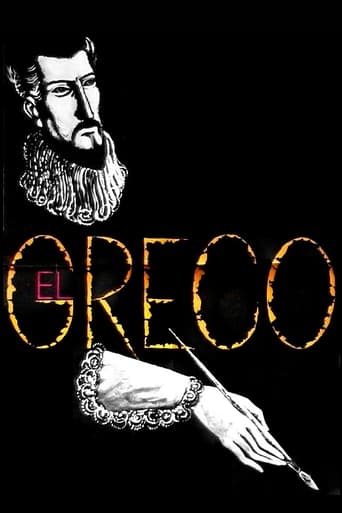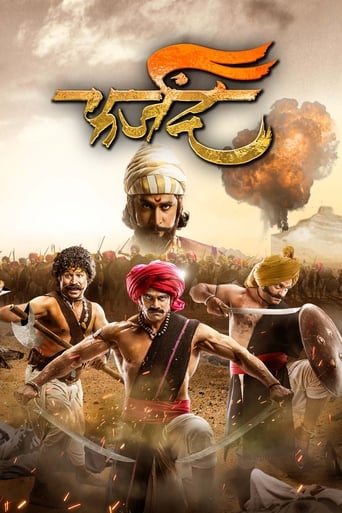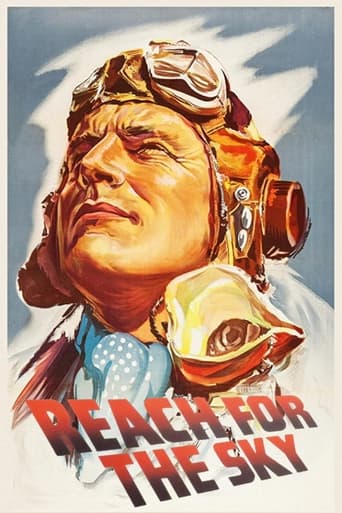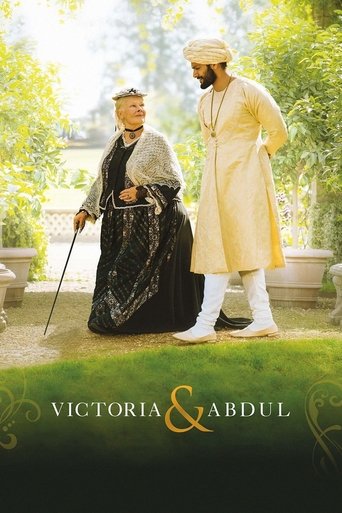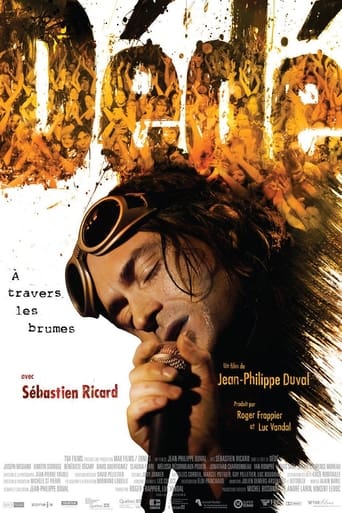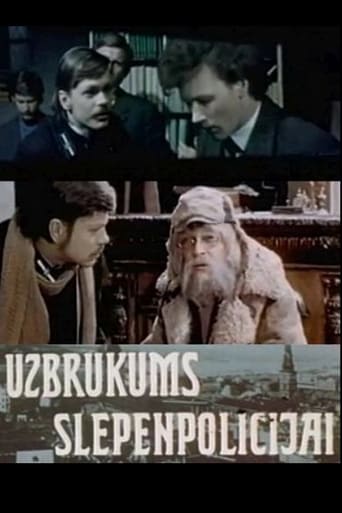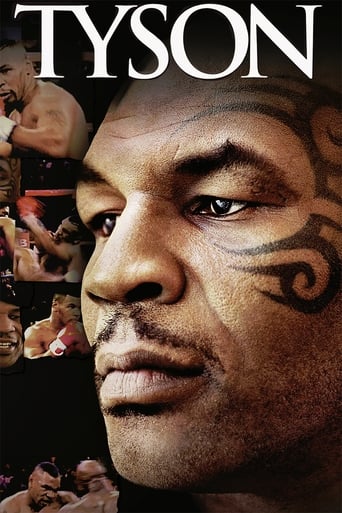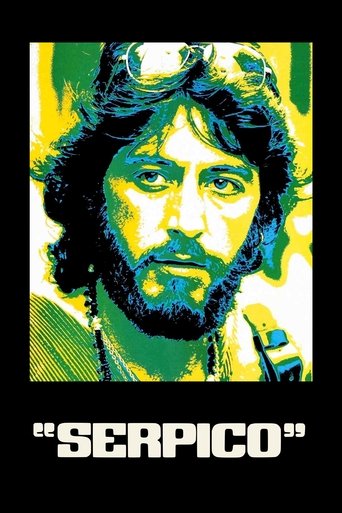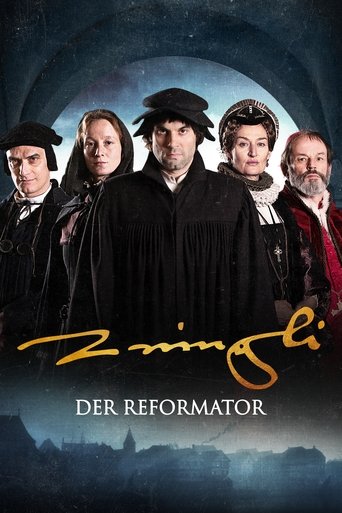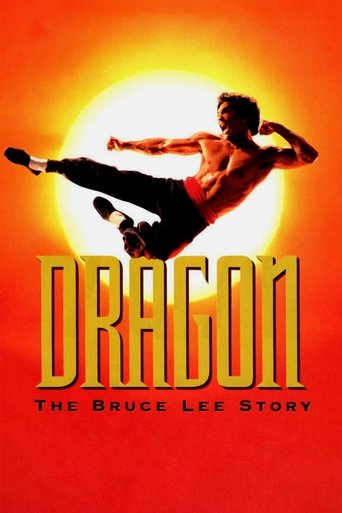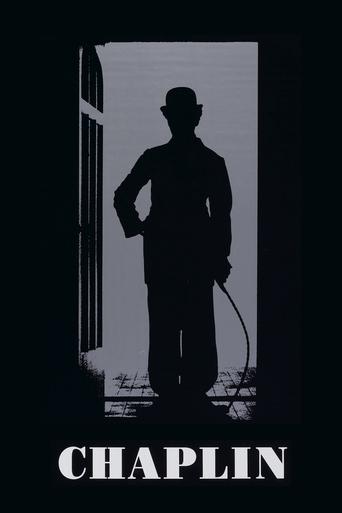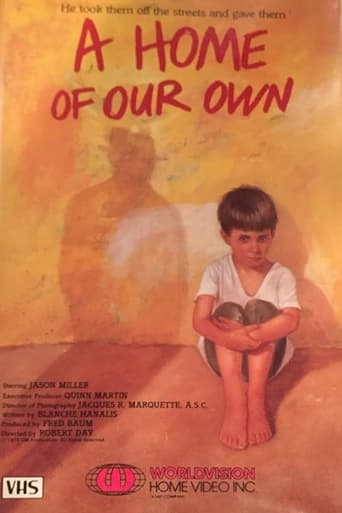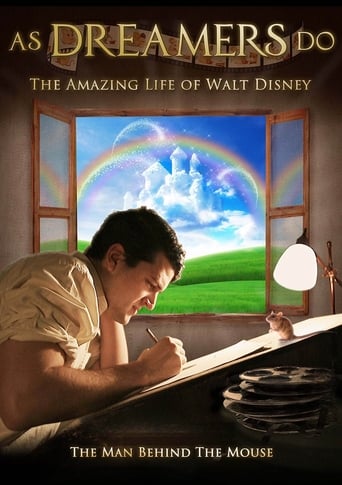
Che: Part Two (2008)
After the Cuban Revolution, Che is at the height of his fame and power. Then he disappears, re-emerging incognito in Bolivia, where he organizes a small group of Cuban comrades and Bolivian recruits to start the great Latin American Revolution. Through this story, we come to understand how Che remains a symbol of idealism and heroism that lives in the hearts of people around the world.
- Steven Soderbergh
- Pedro Manuel Lazaga
- Carmen Soriano
- Gregory Jacobs
- Joseph P. Reidy
- Carlos Gras
- Amy Lauritsen
- Jody Spilkoman
- Yvette Gurza
- Che Guevara
- Terrence Malick
- Benjamin A. Van Der Veen
- Peter Buchman
Rating: 6.7/10 by 610 users
Alternative Title:
Che Part Two - US
Che - Teil 2 - DE
Che - Kapinallinen - FI
Che - Part 2 - FR
Che - Guerrilla - ES
Che - Part Two - BR
Che - Part Two - US
Che: Part Two - Guerrilla - AU
Che - 2ème partie Guerilla (2008) - FR
Che - 2ème partie : Guerilla - FR
체: 파트 투 - KR
チェ 39歳 別れの手紙 - JP
Che - Teil 2: Guerilla - DE
Guerrilla - GR
Che - Part 2 - Guerrilla - GB
折古華拉 切39歲的告別信 - HK
Country:
France
Spain
United States of America
Language:
English
Español
Runtime: 02 hour 15 minutes
Budget: $58,000,000
Revenue: $8,638,163
Plot Keyword: biography, che guevara, bolivian army, la paz, bolivia
Picking up from his part in the successful installation of the Castro government in Cuba, Guevara (Benicio Del Toro) has moved around the South American continent a bit before ending up in Bolivia where he and a few faithful followers decide to mobilise the miners in the south of the country against the leadership of President Barrientos. What's clear fairly quickly here is that his forces are smaller, much less well equipped and fighting a foe far more adept at his kind of warfare. This is much more of a documentary-style presentation from Steven Soderbergh and I found it really quite a dry chronology that portrayed Guevara as a sort of serial revolutionary. A man of principal, yes, but also one who increasingly became unwilling to consider that his might not be the only way to solve a problem. Also, his antagonist in Bolivia also knew well how to engender support from the "campaniles", many of whom had elected him in the first place. There appears to be much more speculation in this, too, and I found it struggled to maintain it's momentum as at times it bordered on the look of a spaghetti western. It illustrates well the gap between rich and poor, but here his philosophy is not so clearly defined - it's as if he always needs some sort of cause, regardless of his appreciation of what these people actually wanted or needed. The acting is really neither here nor there, and the dialogue suffers from audio issues when set amidst the dense jungle environment. I think this could easily have been condensed down and added to Part One. Interesting, but not great, and it doesn't really tell us very much about the man at all.

